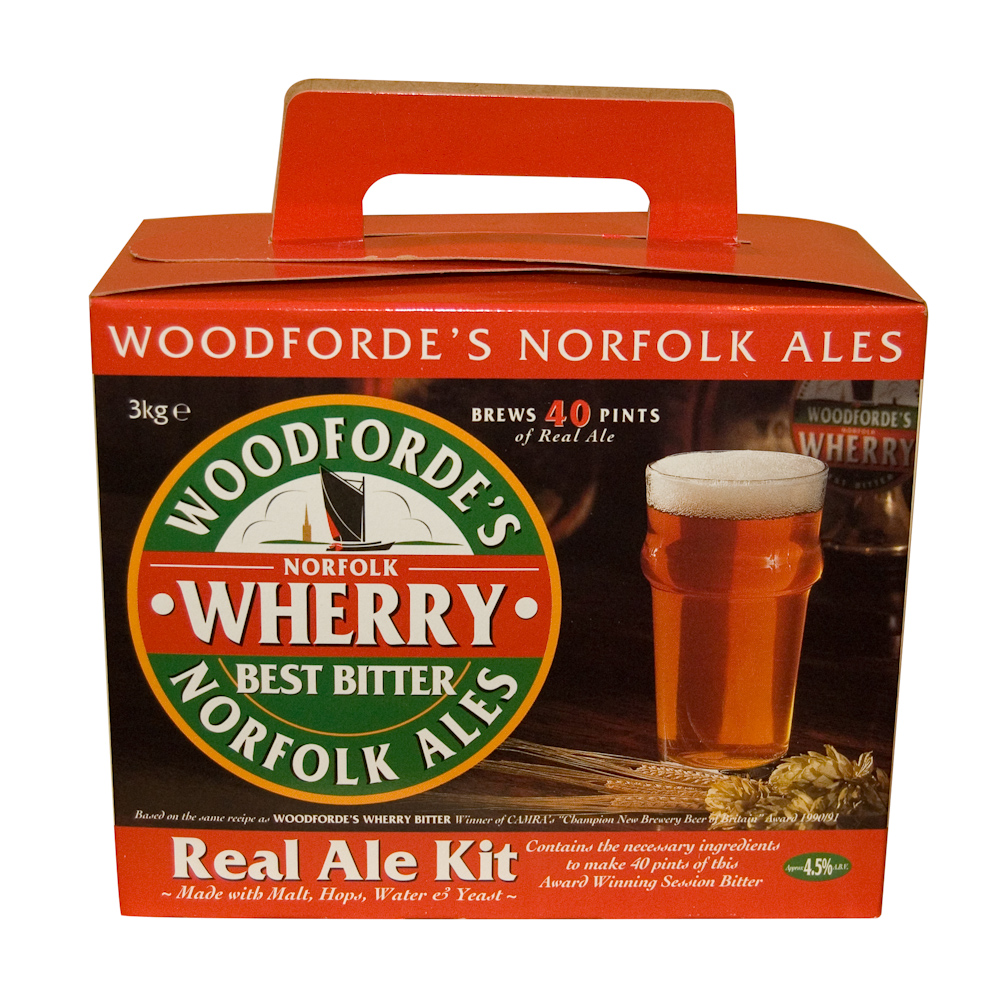malky1841
Well-Known Member
Hi Homercidal ( Lol that feels weird typing that!) And everyone else. Thanks for responding.
All the kits I've brewed in the past 3 years have been premium kits. They have the extract in 2 separate bags and the hops in pellet form in different number of sachets depending on the kit. I've read lots of books and watched pretty much every vid on you tube to see if I'm doing anything wrong.
Everyones talking about "boils" and "Scortching" during the boils but these kits only ask to add the extract then a litre of hot water from the kettle then top up with cold water to the 25 litre mark on the fermenting bucket. Theres no mention of boiling in the instructions. God have I been dull all this time and not done a major part of the brewing process with these kits???.
My Heater is a tropical fish tank heater I bought online at the shop here. Its dangled into the beer in the fermenter and the thermostat picks up any drop in temp and kicks in and switches off as needed so I don't think its measuring the outside temp. The stick on thermometer outside the bucket reads 16/17c even throughout the fermentation as I brew in my garden shed in the winter months so I know its never going to get higher than 16c outside to raise the temp of the liquid in the bucket and the heater keeps it at a constant temp.
I added the final batch of hops to my whole grain brew last night as per instructions and the smell that came out of the demijohn when I pulled the bung out was lush and smelled like beer with no yeasty sweet smell I get with the extract kits.
I also use bottled water from Tescos that has a good PH balance as the tap water in london is rank ( coming from a Scotsman).
Time will tell I guess to see if theres any difference in this full grain batch to the other ones ive done from extract kits.
PLEASE tell me though if I'm supposed to boil the extract once the waters added! as I said before theres no mention of this in the instructions that could be what the problem is. In which case I'll feel like a right dumb ass!! :cross:
All the kits I've brewed in the past 3 years have been premium kits. They have the extract in 2 separate bags and the hops in pellet form in different number of sachets depending on the kit. I've read lots of books and watched pretty much every vid on you tube to see if I'm doing anything wrong.
Everyones talking about "boils" and "Scortching" during the boils but these kits only ask to add the extract then a litre of hot water from the kettle then top up with cold water to the 25 litre mark on the fermenting bucket. Theres no mention of boiling in the instructions. God have I been dull all this time and not done a major part of the brewing process with these kits???.
My Heater is a tropical fish tank heater I bought online at the shop here. Its dangled into the beer in the fermenter and the thermostat picks up any drop in temp and kicks in and switches off as needed so I don't think its measuring the outside temp. The stick on thermometer outside the bucket reads 16/17c even throughout the fermentation as I brew in my garden shed in the winter months so I know its never going to get higher than 16c outside to raise the temp of the liquid in the bucket and the heater keeps it at a constant temp.
I added the final batch of hops to my whole grain brew last night as per instructions and the smell that came out of the demijohn when I pulled the bung out was lush and smelled like beer with no yeasty sweet smell I get with the extract kits.
I also use bottled water from Tescos that has a good PH balance as the tap water in london is rank ( coming from a Scotsman).
Time will tell I guess to see if theres any difference in this full grain batch to the other ones ive done from extract kits.
PLEASE tell me though if I'm supposed to boil the extract once the waters added! as I said before theres no mention of this in the instructions that could be what the problem is. In which case I'll feel like a right dumb ass!! :cross:

























![Craft A Brew - Safale S-04 Dry Yeast - Fermentis - English Ale Dry Yeast - For English and American Ales and Hard Apple Ciders - Ingredients for Home Brewing - Beer Making Supplies - [1 Pack]](https://m.media-amazon.com/images/I/41fVGNh6JfL._SL500_.jpg)

































